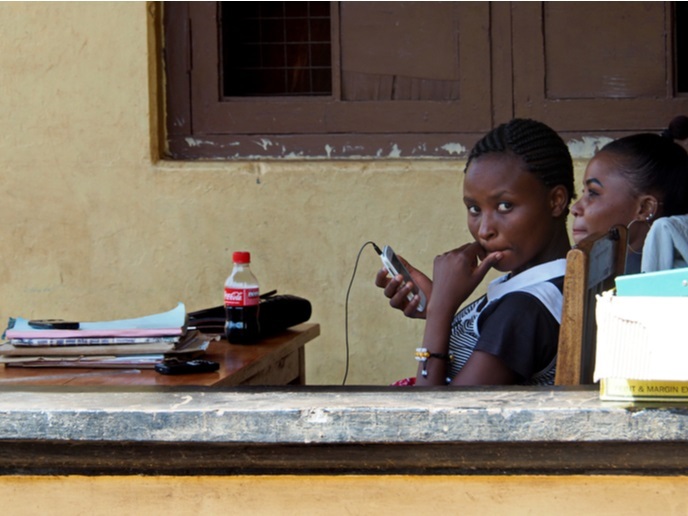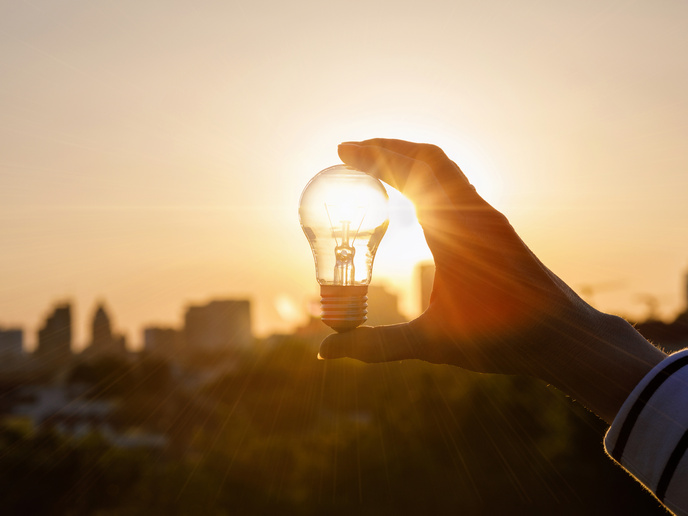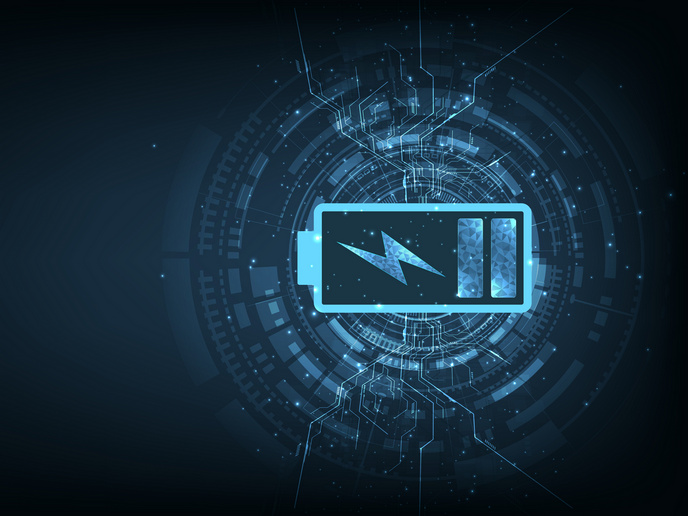Portable battery pack powers remote areas with no electricity
With EU funding of the EmPower project, PP Power developed an affordable portable battery pack with Internet of Things connectivity, the Peoples Portable Power Pack (4P). This reusable battery could change the lives of communities in some of the most remote corners of the globe, giving them more freedom and autonomy.
No power – no development!
According to the World Bank’s ‘Sustainable Energy for All’ initiative, more than 800 million people were living without reliable electricity in 2017. The vast majority live in sub-Saharan Africa, in three countries: Kenya, Tanzania and Uganda. People without energy access rely widely on baseline technologies for lighting, in the form of candles or kerosene lamps. Studies indicate a monthly consumption of between 3 and 30 litres of kerosene use per household for lighting. For every litre of kerosene burnt, around 2.5 kg of CO2 are released into the atmosphere. In addition to CO2, kerosene lamps produce black carbon during combustion (around 58.5 g/l), which increases their contribution to harmful emissions considerably, and poses a threat to health. Traditional lighting alternatives include biofuels, battery-powered lighting devices and diesel generators for the richest households and small businesses. “Families across East Africa reported spending USD 4 every week on oil lamps, disposable batteries and mobile phone charging, with a member of the household spending an hour, on average, travelling to charge the device each time,” notes Rikke Lolck, IT & Communications Analyst at PP-Power.
‘Pay-as-you-go’ energy
The EmPower project developed two innovative portable battery pack models that come with a GPS unit. “Our eco-friendly solutions consist of a state-of-the-art lithium-ion battery, LED lamps, a flashlight with radio, USB ports for charging mobile phones and 12/24V plugs for connecting appliances (e.g. a 24-inch TV or a hair cutter) from any brand. The batteries can be charged from any solar panel (e.g. community-owned, solar kiosks or microgrids), enabling the end user to ‘carry power home’ and charge equipment for 10 days, which equals to approximately a week of a household’s electricity consumption,” explains Lolck. Cloud-connected battery management software allows remote monitoring and management of the battery status. Cloud software integrates with all common digital payment platforms to facilitate mobile transactions and enables flexible ‘pay-as-you-go’ payment plans, affording people the opportunity to pay for what they use, as they need it. For example, whenever end users want to buy energy, they either send an SMS or use the app to buy a certain amount of electricity. The system assesses the payment status, and if valid, unlocks the battery. In the event of a payment default, the battery shuts down (through a micro-controller) until payment is received. PP Power’s solution has obtained CE marking. “We investigated the possibility of becoming part of Lighting Global, the World Bank Group's platform to support sustainable growth of the global off-grid lighting market as a means of increasing energy access to electricity-deprived areas. We identified the requirements for Lighting Global certification, and established contacts to define the agreement terms and obtain quotations,” concludes Lolck.
Keywords
EmPower, electricity, solar, Africa, portable battery, cloud, pay-as-you-go, Lighting Global, Internet of Things, World Bank Group







